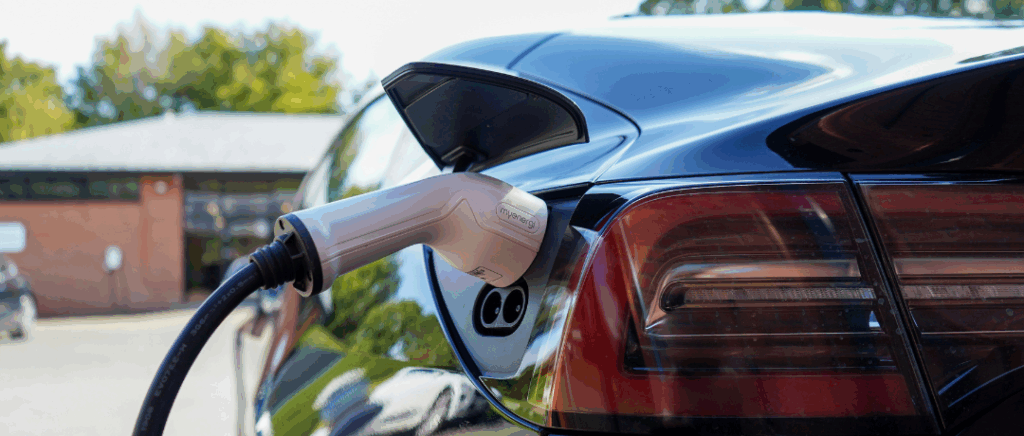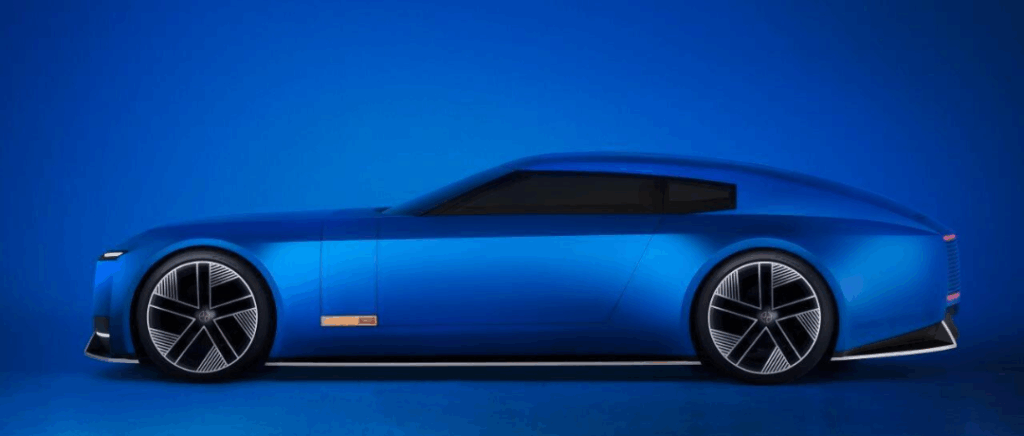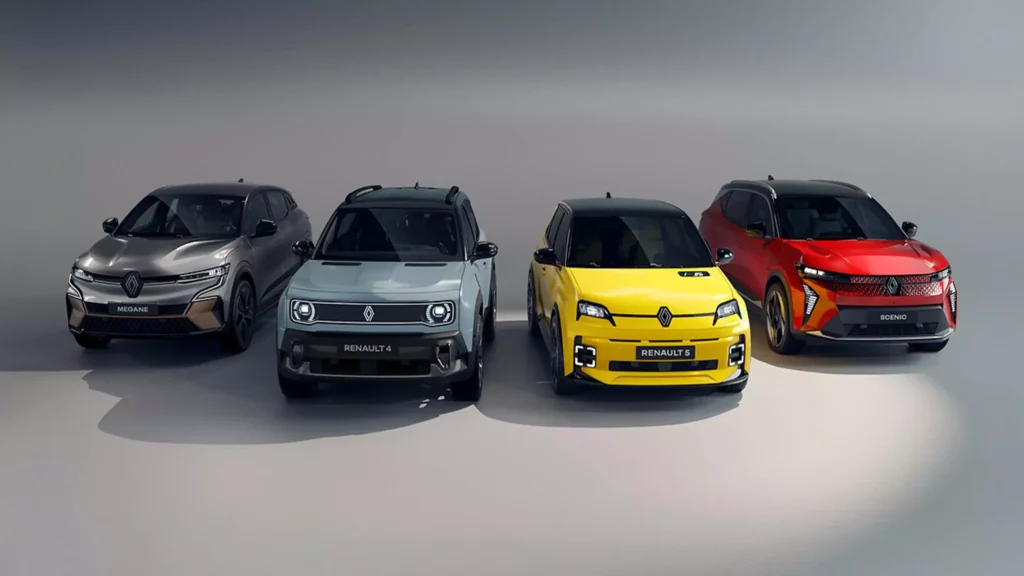Our experts answer your questions with a smile
Monday to Friday 9am - 12.30pm - 2pm - 7pm
Low emission zones: what will change?
The measure concerning Low Emission Zones was introduced in October 2018. As a reminder EPZ (also known as ZFE-mobility) are zones designed to protect the population in towns and cities with high levels of air pollution. The aim is to encourage them to switch to more environmentally-friendly forms of mobility.
Three conurbations were initially included (Paris/Paris region, Grenoble and Lyon). Seven more were added to the list in 2021 (Aix-Marseille, Nice, Toulon, Toulouse, Montpellier, Strasbourg and Rouen). From now on, the measure will apply to by the end of 2024, conurbations with more than 150,000 inhabitants (this is the case for Orléans, Tours and Angers, for example).
They must put in place of the EPZs before that date. The system remains the same, with a small coloured sticker displayed on the driver's windscreen according to the category of vehicle. Even if fines have been rare in the past, more "EPZ radars" and video tagging are expected in the years to come.
The cycling plan: the solution?
So, to accelerate the greening of transport in the regions, a 1.3 billion fund has been createdThis is a first step in financing the ecological transition in the regions.
Clearly, many French people will be affected by this measure. They will therefore have to find an alternative means of transport for their personal or business trips if the vignette on their car does not allow them to travel freely in town centres.
To achieve this, the cycling and active mobility plan which, in the space of four years, has already made it possible to develop the role of the bicycle and which has proved its worth, will soon be strengthened. Its aim is to priority objective of accelerating the transition to low-carbon transport (electric vehicle, plug-in hybrid vehicle). The new cycling and active mobility plan will be announced at a dedicated inter-ministerial committee meeting in the autumn. As of now, it has been decided to renew the active mobility fund, which will be endowed with €250m in 2023and the increase in subsidies for the purchase of bicycles, which will be introduced in the summer of 2022. Good news, then.
Conversion allowance and ecological bonus: is change on the way?
In 2021 and 2022, the environmental bonus and the conversion premium have seen a significant resurgence in interest, with an increase in the number of grants awarded. These two forms of financial assistance granted by the State for the purchase of a electric vehicle will be strengthened and extended in 2023, with a view to decarbonisation. The scale will be lowered with a €1,000 reductionThe conversion allowance will therefore be between €1,500 and €4,000, depending on your situation, and the environmental bonus will be capped at €6,000 for cars with a list price of less than €47,000.
The priority objective is to combat global warming, in particular by decarbonising all sectors of activity. Emphasis will also be placed on improving ecosystems, making lifestyles more sober, preserving biodiversity and developing green industries. Considered as "aid for the acquisition of more environmentally efficient vehicles".
Towards a new leasing scheme?
In the interests of equality and transparency between social classes, Emmanuel Macron did indeed mention in his campaign pledge his intention to create a brand new leasing scheme.The aim of this system is to enable the most modest households to have affordable access to electric vehicles with €100 rental per month. Priority will be given to young people and people who cannot do without their car to get to work (socio-medical professionals, for example). The aim of the scheme is to include everyone in the ecological transition will also help to break down the upmarket image that electric vehicles have had until now.
Beev offers multi-brand 100% electric vehicles at the best prices, as well as recharging solutions.
Key figures for the 2023 car budget
- 100 000 : This is the number of recharging stations which will be opened and installed to the public in 2023, thanks to a €300 million call for projects. The Home terminals for private individuals will continue to benefit from a reduced VAT rate of 5.5 % for their installation.
- 9.7 billion : the budget allocated for mobility in 2023 (including €1.3 billion for aid to green the car fleet, €3.8 billion for investment in infrastructure and €250 million for the cycling plan).
In conclusion
There's no doubt that 2023 will be a year of electrification, and with it an increase in the number of cars on the road. electric vehicles.
The measures implemented by the government in favour of both individual and public transport should enable everyone to participate in the decarbonisation of mobility.
































